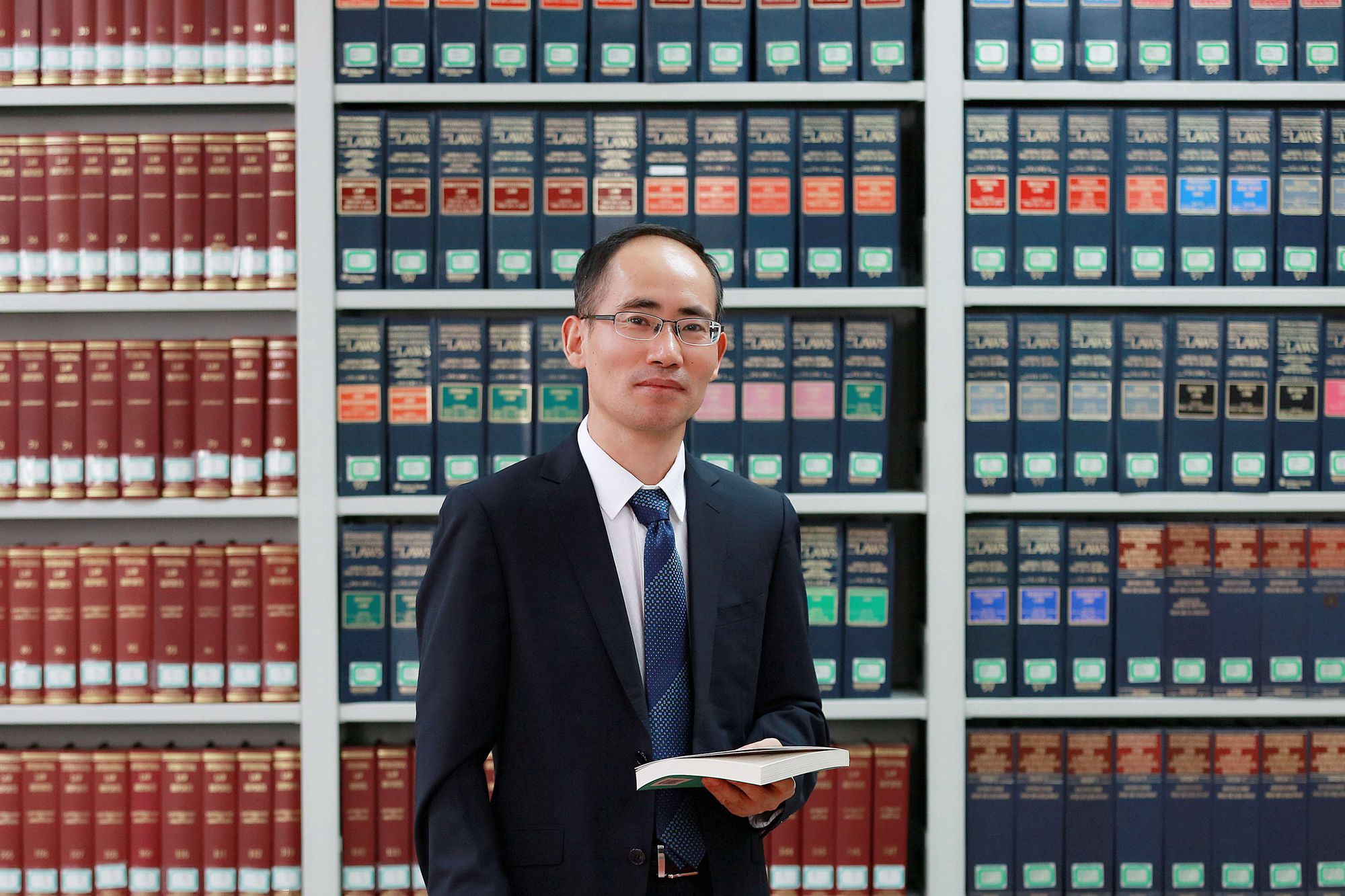
Abstract: Article 20 (1) of the Judicial Interpretation of the General Principles of Contract Book of the Civil Code regarding the exercise of representation right beyond statutory restrictions are not an interpretation of Article 504 of the Civil Code. Statutory restrictions on representation right have the attribute of universal openness and there is no such a problem as the counterparty’s unawareness of this restriction. Restrictions on representation right by law and administrative regulations may be applied against a third party. If the exercise of representation right exceeds statutory restriction, it constitutes an unauthorized representation. If a counterpart believes that the legal representative has the right of representation based on the special authorization certificate provided by the legal representative and there is no fault in the belief, the unauthorized representation may constitute an apparent representation. Article 20 (1) of the Judicial Interpretation of the General Principles of Contract Book of the Civil Code is based on the idea of whether an unauthorized representation constitutes an apparent representation. The reasonable examination obligation imposes on the counterparty can be reasonably understood only under the theory of apparent representation. This provision ignores the core constituent elements of apparent representation, namely the existence of apparent representation right. Disputes over unauthorized representation and apparent representation may be resolved by applying, mutatis mutandis, the provisions of Articles 171 and 172 of the Civil Code. The issue of apparent representation arising from the revocation of a resolution or a decision can be deal with in accordance with Articles 85 and 94 of the Civil Code and Article 16 of the new Company Law.
Key Words: representation right; statutory restriction on representation right; unauthorized representation; apparent representation
Author: Zhu Guangxin, research fellow, CASS Institute of Law;
Source: 1 (2025) Science of Law (Journal of Northwest University of Political Science and Law)



